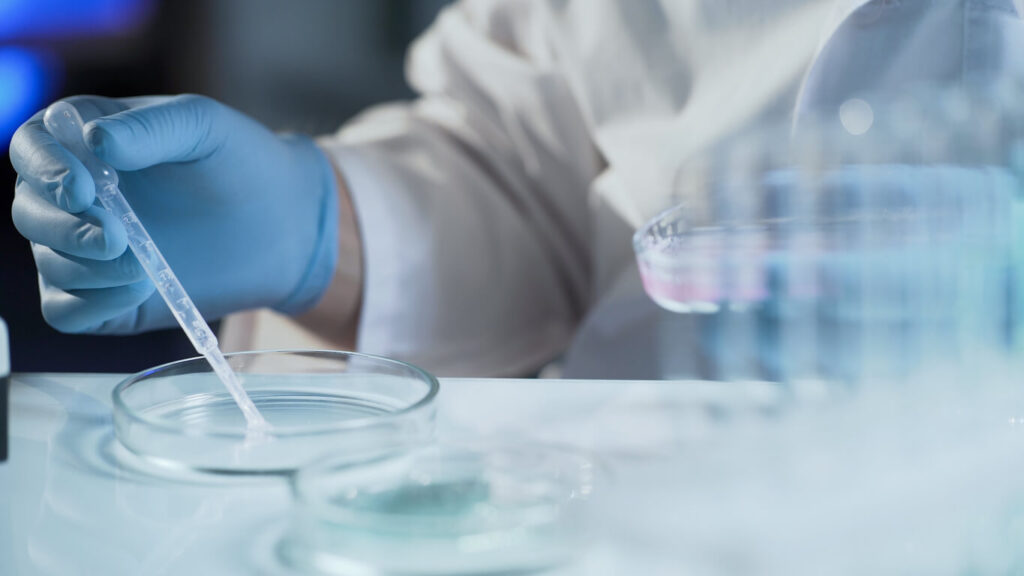In vitro fertilization (IVF) is an emotionally demanding process for many couples. With so many hopes and dreams, uncertain circumstances, and lots of scientific terminology to understand, many people feel a bit lost. Educating yourself about the process is a good way to make sure you enter into your fertility treatment feeling empowered. In this article, we discuss how fertility specialists assess embryo quality while culturing embryos to blastocyst stage. We will also review how they assess a day 1 embryo, day 2 embryo, and so forth until the embryo reaches the blastocyst stage.
How Doctors Measure Embryo Quality
As part of the IVF process, fertility specialists will assess the quality of your embryos. Many patients wonder what happens on each day of embryo development. The morphology or the grading of the embryo can help inform your physician of the chances that the embryo will result in a successful transfer.
Egg Retrieval
After your egg retrieval, an embryologist will assess each egg checking for maturity. The embryologist will remove the cumulus cells, the cells surrounding the egg that provides nourishment as it grew. Each mature egg will be fertilized. There are two different fertilization methods used today, though ICSI is used more frequently.
- Intracytoplasmic sperm injection (ICSI) – ICSI is when one sperm cell is injected into an egg. This is the most common procedure, as it is very effective and is known to improve fertilization rates when the sperm source has poor parameters.
- Conventional fertilization – A fertility specialist will place the egg into a culture medium containing thousands of sperm to facilitate fertilization.
Day 1 Embryo Assessment
After fertilization, the embryologist will place your eggs into the incubator; this process takes around 15 to 18 hour.. Typically, the day after fertilization (day 1) an embryologist will check to see if fertilization was successful. However, fertilization rates can vary. You may wish to ask your doctor how many eggs they anticipate to fertilize.
Day 2 Embryo Assessment
On the second day after egg retrieval, a developing embryo should consist of 2-4 cells. Most clinics do not grade the day 2 embryo as they are still just beginning to grow. If you’re curious about whether your fertility center assesses the day 2 embryo, you should consider bringing that question up with your doctor or an embryologist at your center.
Day 3 Embryo Assessment
Depending on your treatment plan, embryos may be transferred back to the uterus at day 3 or at the blastocyst stage (typically day 5 or 6). On day 3, a well-developing embryos should have 7-9 cells. Most embryology labs assign a grade to each day 3 embryo, though the grading systems used can vary from clinic to clinic.
Day 5-6 Embryo Assessment
A well-developed blastocyst will likely have over 100 cells and two different cell types: the trophectoderm or outer ring of cells and the inner cell mass (ICM), which is made of precursor fetal cells. An embryologist at your center will assign a grade to each blastocyst embryo. If you are planning to utilize PGT-A or PGT-M, the embryologist will biopsy or remove approximately 2-10 cells from the trophectoderm which will be sent to the genetic testing lab. From here, the fertility specialist will select the embryos deemed the most likely to result in a successful pregnancy. These embryos will be transferred into the uterus, or saved for the future.




